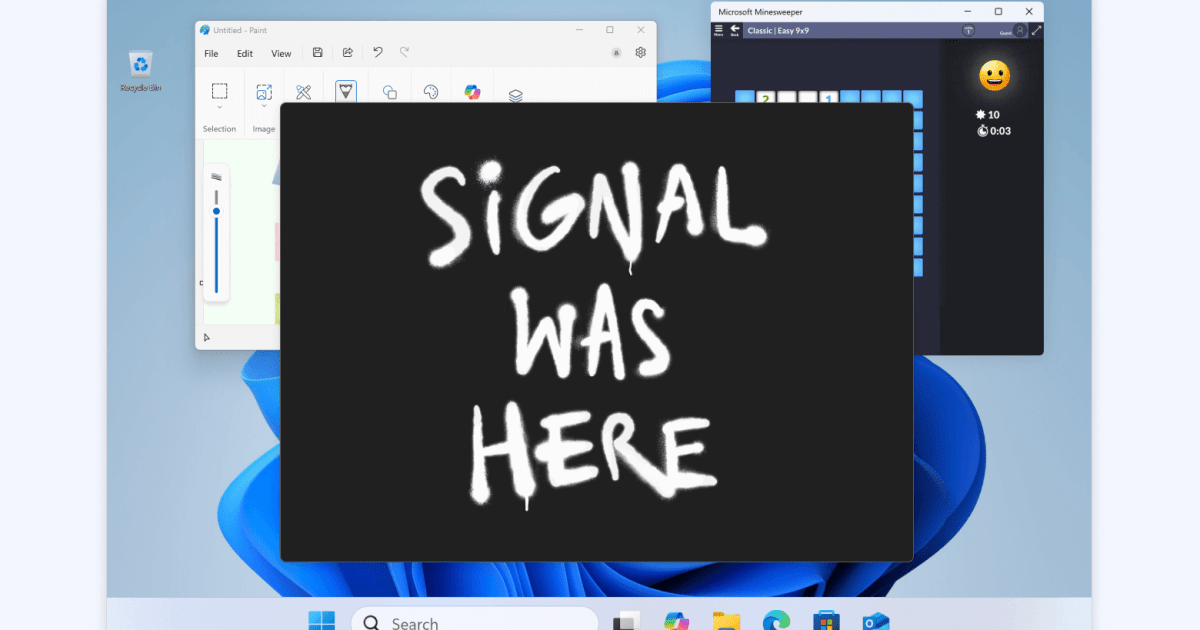Cybersecurity researcher Jeremiah Fowler has uncovered a massive, unsecured database containing over 184 million login credentials from major platforms including Microsoft, Apple, Facebook, Discord, Google, and PayPal. This alarming discovery, amounting to approximately 47.42 GB of data on a misconfigured cloud server, highlights the persistent threat of infostealer malware designed to siphon sensitive user information.
 Cybersecurity alert: Laptop displaying code symbolizes the 184 million credentials exposed in a recent data breach.
Cybersecurity alert: Laptop displaying code symbolizes the 184 million credentials exposed in a recent data breach.
Scope of the Breach: A Global Security Concern
The exposed database revealed a significant international dimension, containing over 220 email addresses linked to government domains across at least 29 countries, including the United States, United Kingdom, Australia, and Canada. This element underscores the potential national security implications stemming from such data leaks.
Fowler’s analysis of a 10,000-record sample indicated the presence of plaintext usernames and passwords. Some entries were associated with financial terms like “bank” and “wallet,” signaling a heightened risk of financial fraud for affected individuals. The availability of this sensitive data in an unprotected state greatly increases concerns about identity theft, unauthorized account access, and other malicious cyber activities. Hackread.com has published some images from the database provided by Fowler.
The Threat of Infostealer Malware
Infostealer malware typically infiltrates devices via phishing emails, compromised websites, or as bundled components within pirated software. Once active, this malicious software can harvest a wide array of data, including login credentials, browser cookies, autofill information, and even cryptocurrency wallet details. This stolen information is then relayed to command-and-control servers operated by cybercriminals.
The discovery of this extensive database points towards a sophisticated and coordinated effort to gather and potentially exploit vast quantities of personal and institutional data. The absence of identifiable ownership or metadata within the database makes it difficult to ascertain its precise origins or intended purpose, and hosting companies are often unaware they are inadvertently hosting such databases.
Discovery and Remediation Efforts
Upon identifying the unsecured database, Fowler promptly alerted the hosting provider, World Host Group. The provider subsequently took the affected server offline. However, it remains uncertain how long the data was exposed and whether unauthorized parties accessed it before its removal.
Urgent Security Measures to Protect Your Accounts
It is crucial for users to take immediate action to safeguard their online presence:
- Update Your Passwords: Change passwords for all online accounts immediately, especially if you reuse passwords across different services.
- Enable Two-Factor Authentication (2FA): Implement 2FA wherever possible. This typically involves a secondary verification step, such as a code sent to your phone or a secondary email.
- Monitor Your Accounts: Regularly review your financial statements and other sensitive accounts for any unusual or suspicious activity.
- Use Reputable Security Software: Ensure you have reliable antivirus and anti-malware software installed and keep it updated. You can explore our [internal_links] reviews for security software.
- Exercise Caution with Emails and Downloads: Be wary of clicking on suspicious links or downloading attachments from unverified or unknown sources.
Conclusion
This incident serves as another critical reminder of the pervasive digital threats individuals and organizations face. Proactive security measures are essential to mitigate the risks associated with data breaches. Users are strongly encouraged to implement the recommended security practices to protect their valuable personal information from potential misuse.










